The Turner Twins on trekking to the Green Pole, avoiding disaster and 'fields of plastic stretching for miles'
British explorers Ross and Hugo Turner – known as The Turner Twins – are earning a reputation for being two of the country's most intrepid adventurers. They spoke to Rosie Paterson.

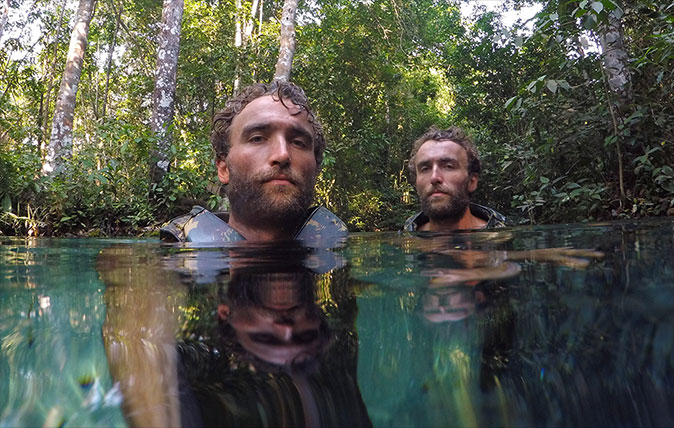
Exquisite houses, the beauty of Nature, and how to get the most from your life, straight to your inbox.
You are now subscribed
Your newsletter sign-up was successful
Born and bred on the outskirts of Dartmoor, Ross and Hugo Turner — known as The Turner Twins — recently became the first people to trek to the South American ‘pole of inaccessibility.’
The Twins turned to adventure and exploration ten years ago, shortly after Hugo suffered, and miraculously recovered from, a spinal cord injury. From climbing Mount Elbrus, Russia, to their latest foray into the heart of South America, the Twins use their expeditions to raise vital awareness and funds for Wings for Life — an organisation set up to find a cure for debilitating spinal cord injuries.
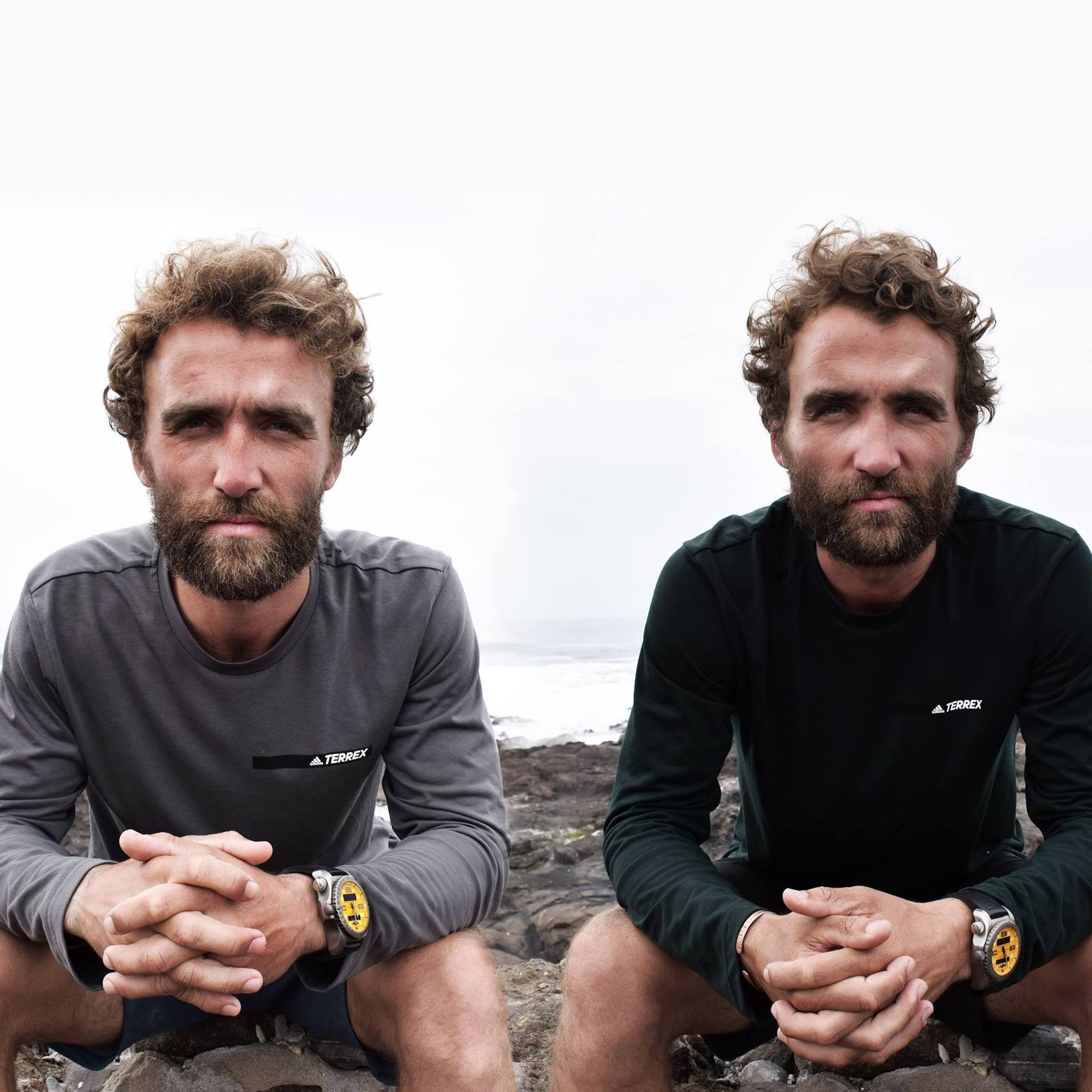
Travelling 2,500km, Ross and Hugo completed the entire journey on bicycles. They started on the north-west coast of Chile; ascending 33 kilometres through the Andes Mountains before battling the infamous Atacama desert, volcanoes, salt flats and, finally, the world’s largest swamp terrain, The Pantanal.
Their finish line was the oft-disputed continental centre, hidden in an area of thick jungle and close to the last-known whereabouts of 20th century explorer Percy Fawcett (coincidentally, also born in Devon), whose disappearance in 1925 sparked a media frenzy.
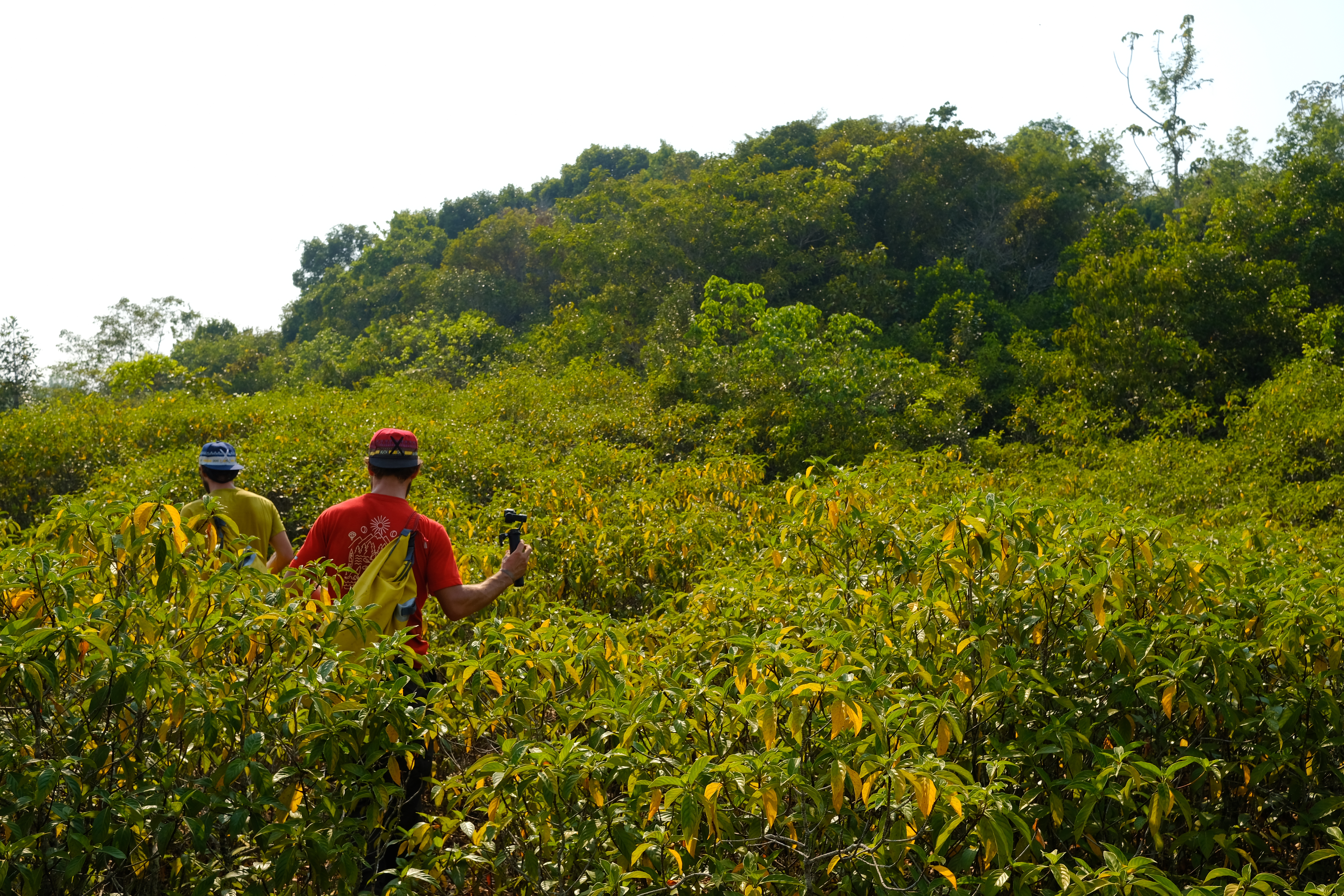
We spoke to Ross Turner about the best moments, the challenges and what they're up to next.
What was the highlight of the ‘Green Pole’ expedition?
Learning to adapt to the ever-changing environment. One morning, three weeks into the trip, we left our campsite in Corani at first light. The site had been right next to a lake in an otherwise barren landscape, and during the night the temperature had dipped below zero degrees, but after just 400 metres of pedalling we hit solid jungle.
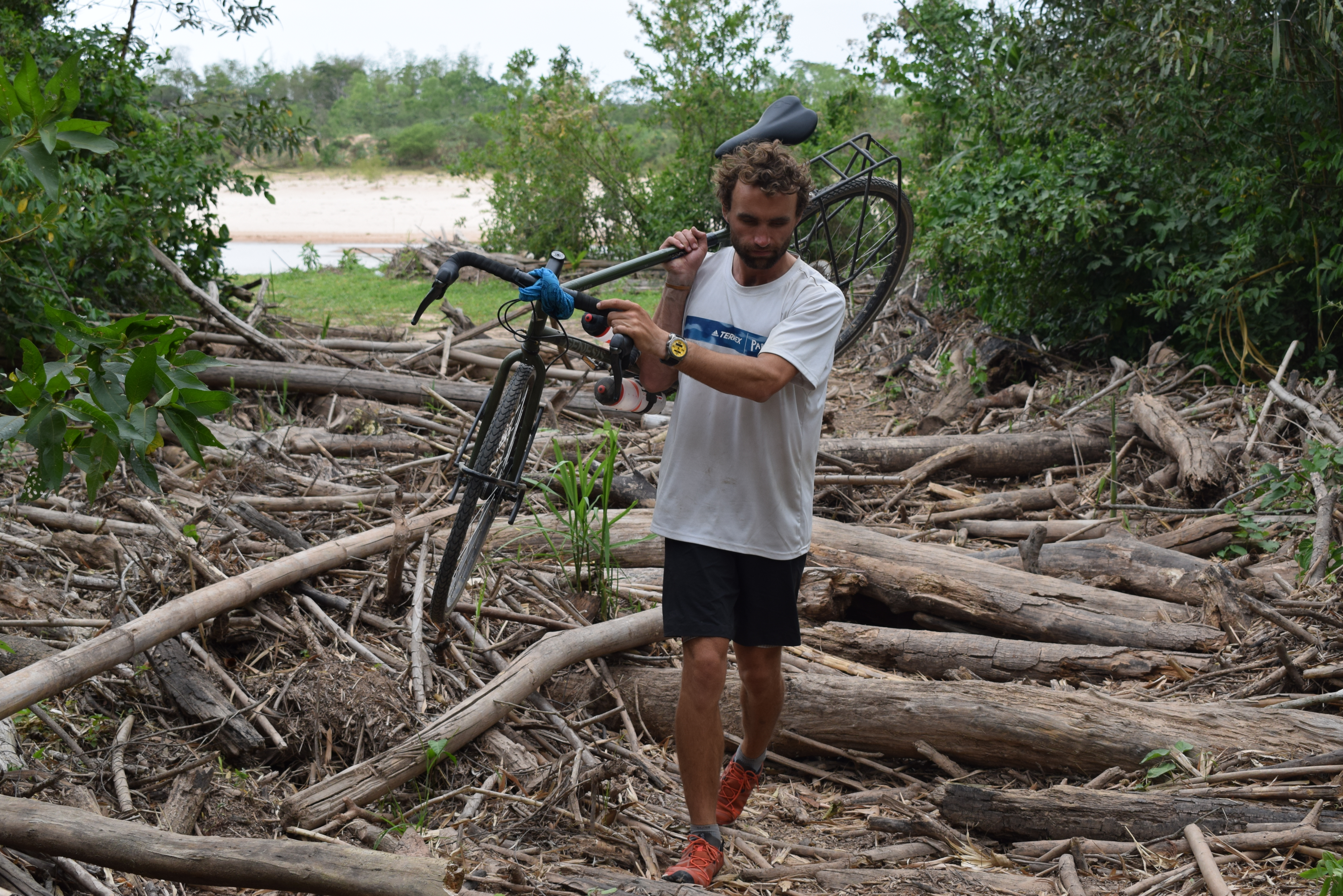
Over the next three hours we were able to free-wheel over 100 kilometres as the temperature rocketed to a staggering 45 degrees. Our senses were in overdrive. I’m not sure we will experience anything quite the same again in our lives.
Exquisite houses, the beauty of Nature, and how to get the most from your life, straight to your inbox.
Obviously reaching the Pole as well, and knowing we were the only ones to have been there. I bought some soil from the point home with me.
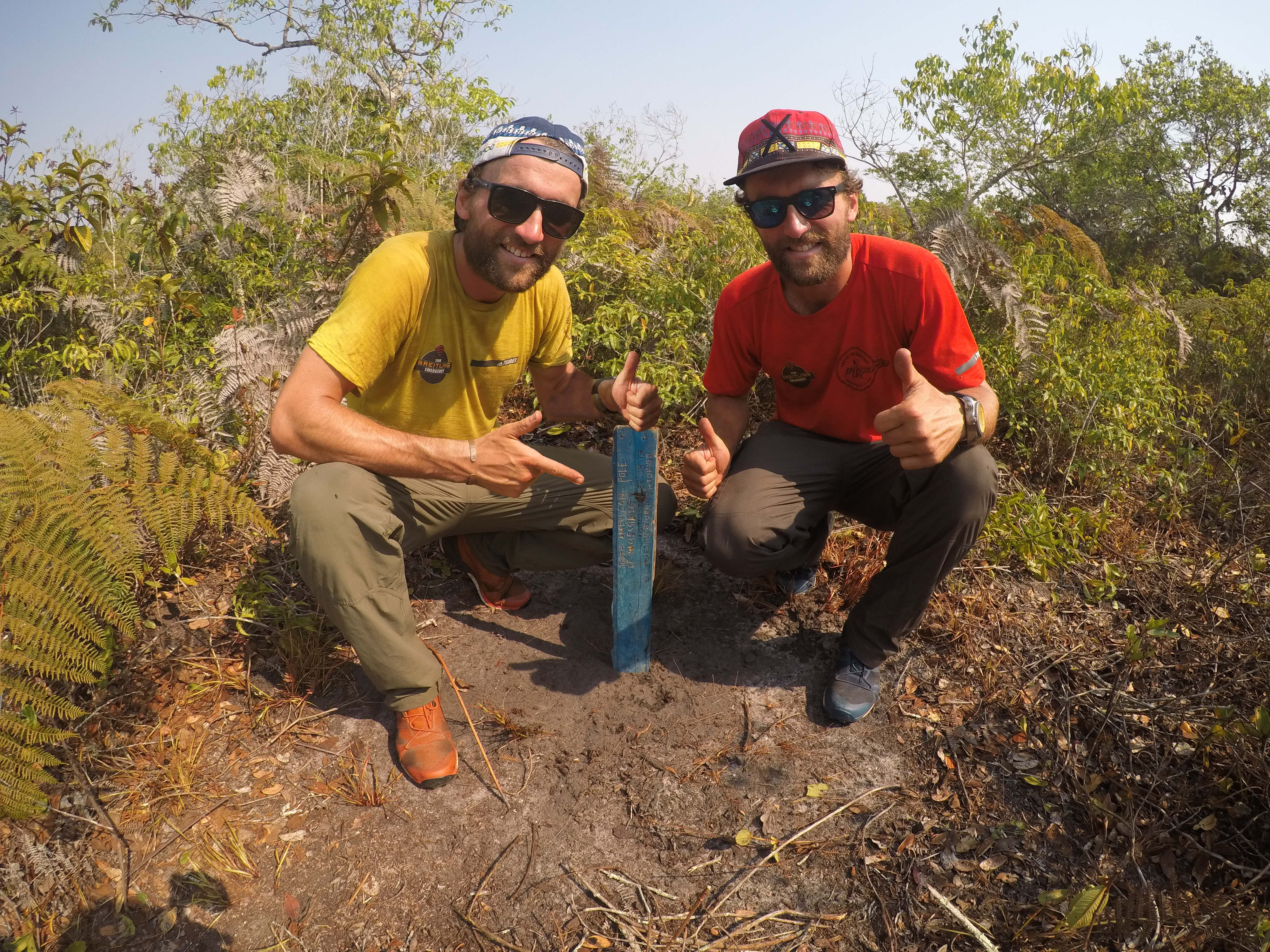
What was the hardest moment?
Definitely the Atacama Desert. We had to cross it to get from our starting point in Arica, Chile, to Purtre, a small village at very high altitude, near the Bolivian border.
On day two we climbed from 750m above sea level to 3,600m and travelled over 90km in over 40 degree heat. We only had 30 litres of water between us, to last five days, and drank six of those before 12noon.
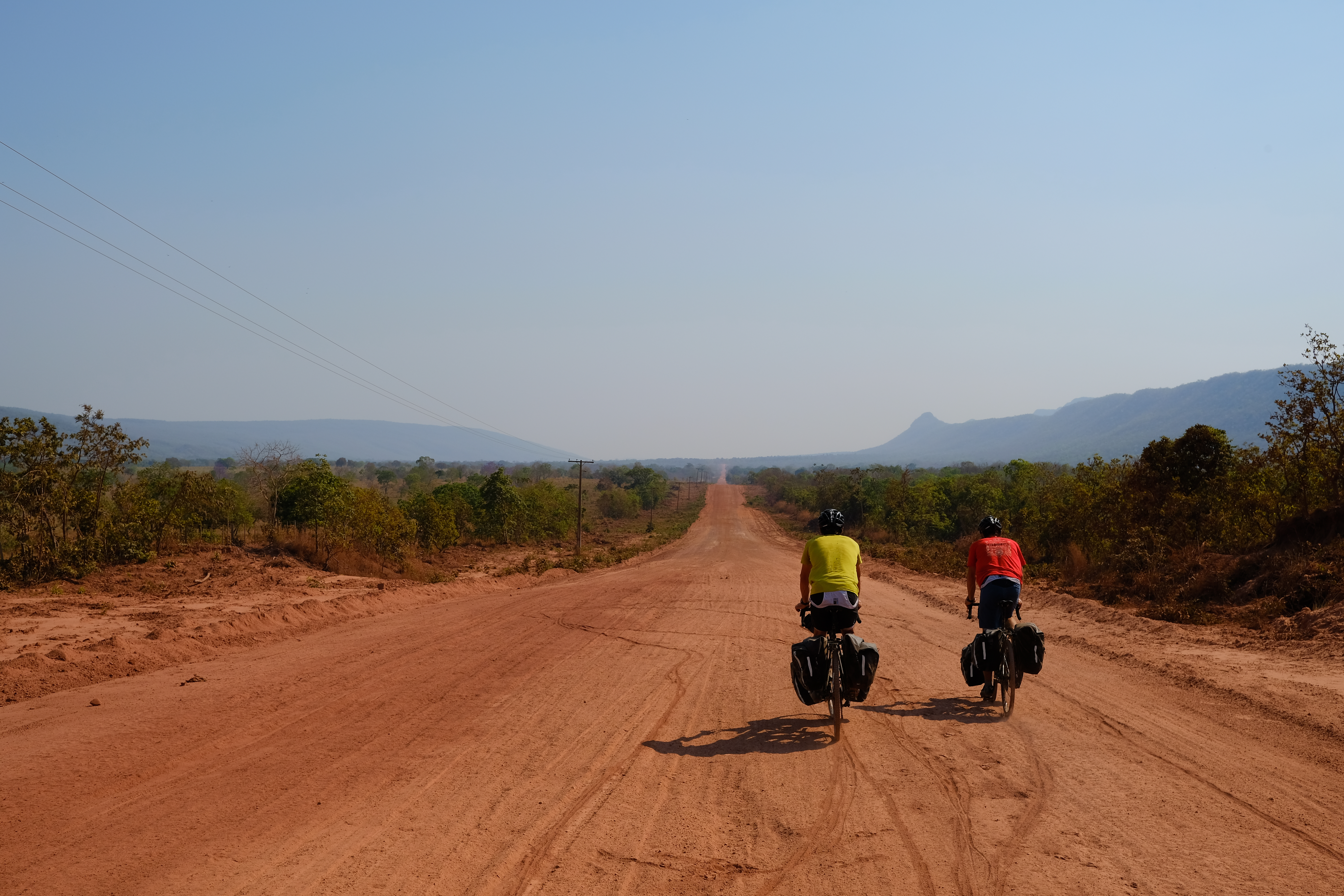
We try and plan for every eventuality before setting out on a trip but Brazil was far hotter than forecast, a good ten degrees warmer. It hugely affected the way in which we cycled and at what times, and we took to sheltering under trees, houses, pineapple sheds and lorries.
Was there anything that surprised you along the way; that you hadn’t thought to prepare for?
The biggest surprise was the amount of plastic we saw, particularly in Bolivia. In the farms around the villages and towns, the corn stubble had snared plastic bags, litter and bottles. There were just enormous fields of plastic stretching for what seemed like miles. It was incredibly sad and an image that will stick in our minds for years to come.
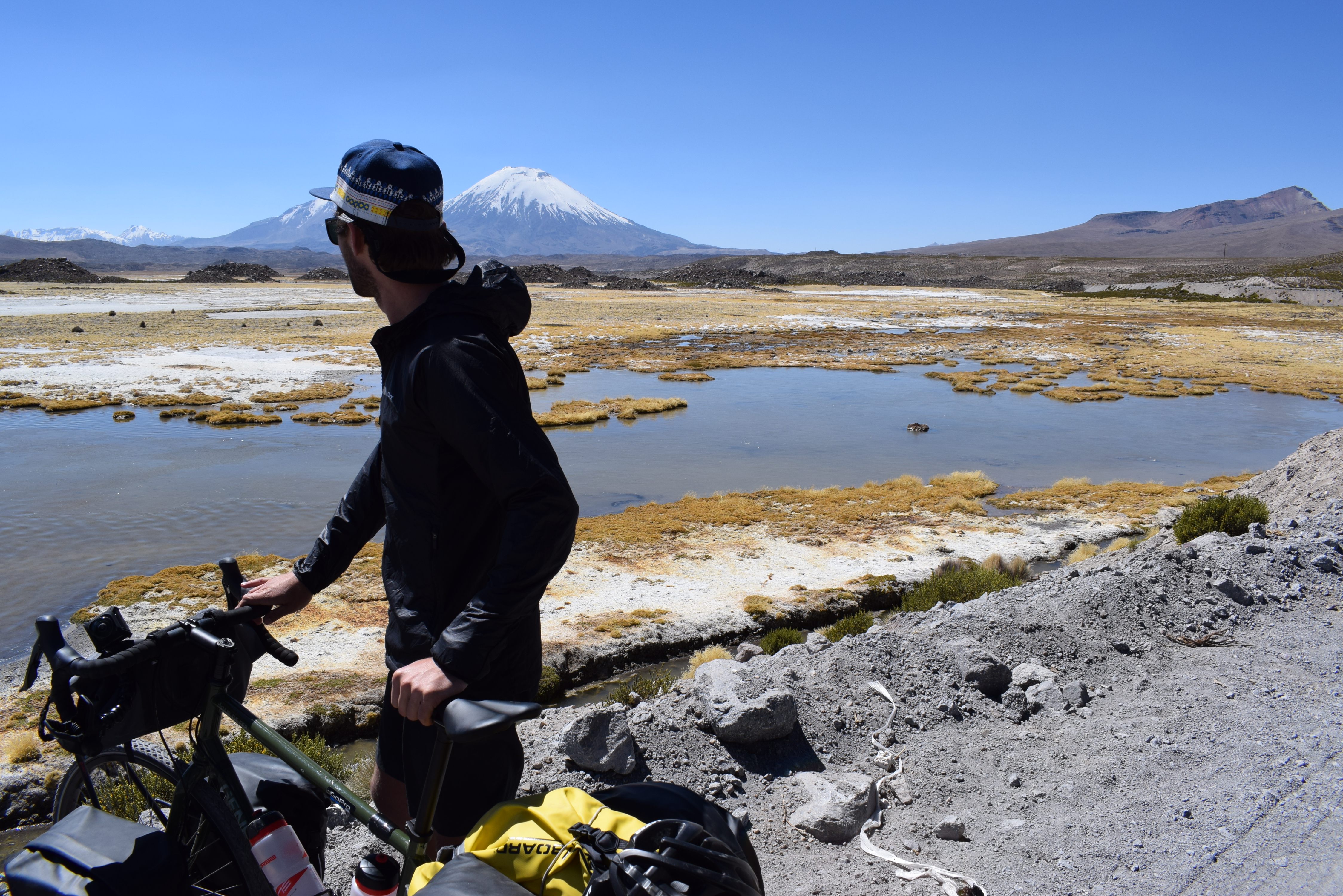
What are you up to next?
We have now travelled to two ‘Poles of Inaccessibility’—The Red Pole, paramotoring across Australia, and this one, The Green Pole. There are seven more to do over the next five years. Without giving too much away it will probably be either the North American or Madagascan pole…
What is the one thing you never leave home without?
That’s easy. Our Devon flag. It’s been on all of our expeditions. And our Breitling Emergency 2 watches, which have an emergency PLB built in.
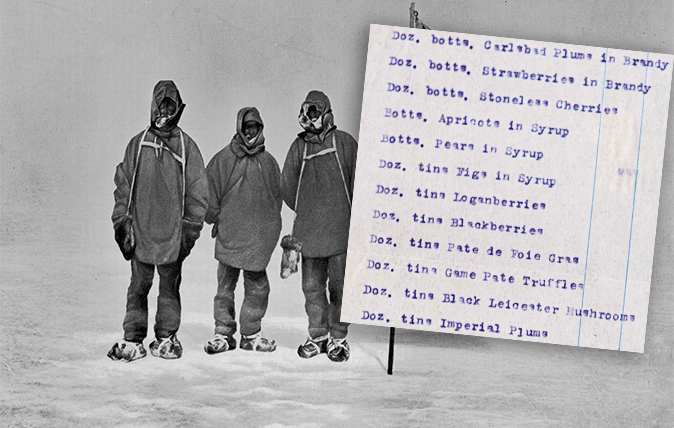
Ernest Shackelton’s arctic shopping list, and other secrets of Britain’s great shops
Harrods, Fortnum & Mason and most of Britain's other great retailers have archivists – and they shared some of their
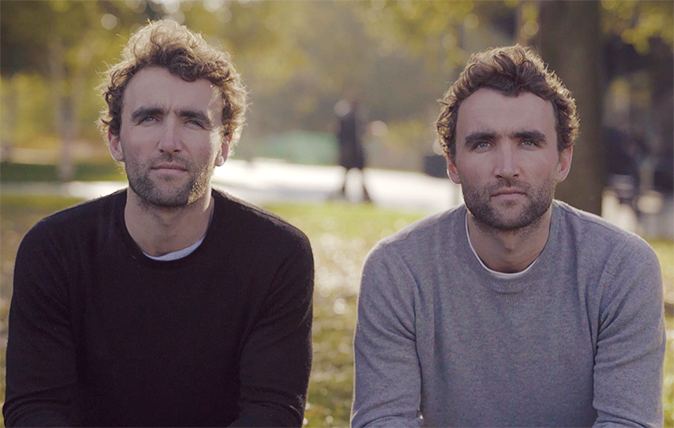
Credit: The Turner Twins
The twins from Dartmoor who defied near-tragedy and took on the world
Katherine Sopwith on the brothers who bounced back from teenage tragedy to forge a lifetime of adventure.
Save
Save
Save
Rosie is Country Life's Digital Content Director & Travel Editor. She joined the team in July 2014 — following a brief stint in the art world. In 2022, she edited the magazine's special Queen's Platinum Jubilee issue and coordinated Country Life's own 125 birthday celebrations. She has also been invited to judge a travel media award and chaired live discussions on the London property market, sustainability and luxury travel trends. Rosie studied Art History at university and, beyond Country Life, has written for Mr & Mrs Smith and The Gentleman's Journal, among others. The rest of the office likes to joke that she splits her time between Claridge’s, Devon and the Maldives.

